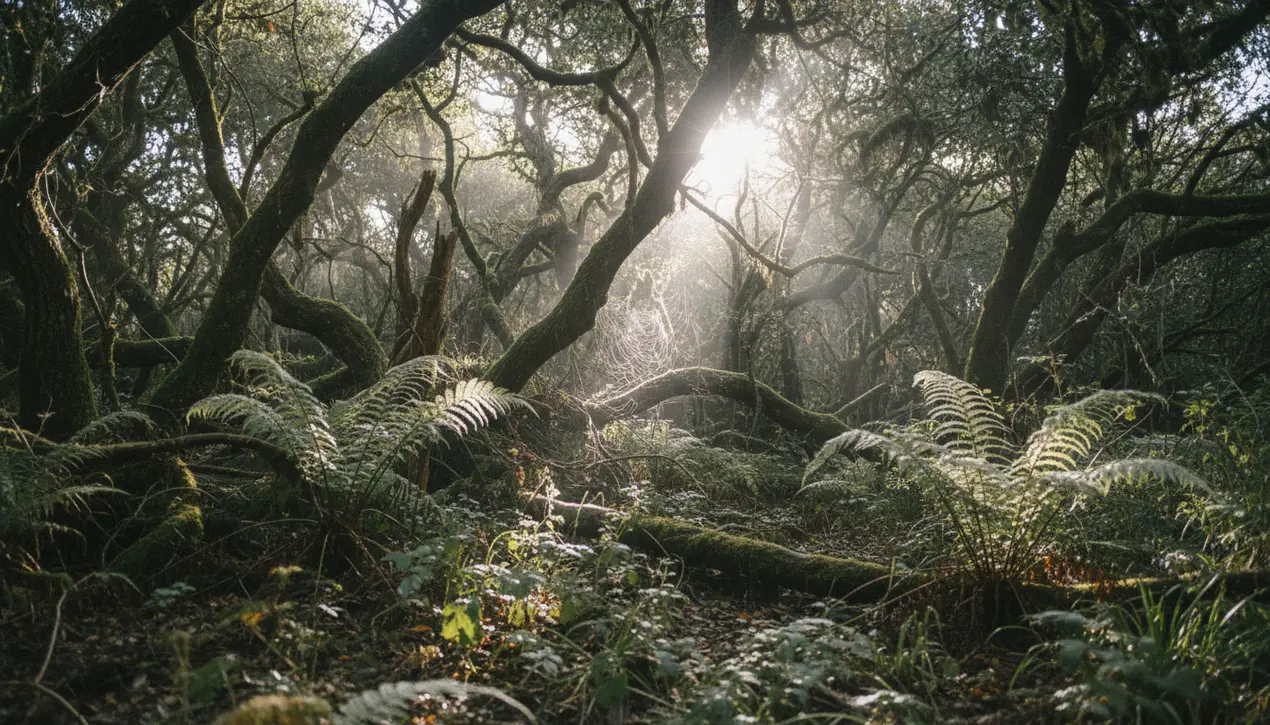
SciencebiologyEvolution and Ecology
Beyond the Label: Rewilding Our Perception in an Age of Ecological Amnesia
RA
Rachel Adams
17 hours ago7 min read3 comments
Our journey to dominate the wild began not with axes, but with thought. The moment we stood upright, we started trading the forest's primal wonder for the sharp, utilitarian tools of our oversized brains.This cognitive shift birthed language, which in turn birthed categorization—a powerful but perilous technology of the mind that compels us to sort the planet's magnificent chaos into neat, manageable boxes. The legacy of Carl Linnaeus, the father of modern taxonomy, embodies this double-edged sword; his system brought monumental order to biology, yet it also risked replacing a direct, sensory relationship with nature with a cold, clinical filing cabinet.As a biologist who has surveyed the stark silence of clear-cut forests, I witness this not as an abstract academic debate, but as a profound ecological and spiritual crisis. We named the world to comprehend it, but in our fixation on the labels, we forgot the living, breathing entities they represent.This is the tragedy of our anthropocentric dominance: we have exchanged the immersive, often bewildering, experience of an old-growth forest for the sterile satisfaction of a correctly identified checklist. The urgent call for rewilding, therefore, is not just about reintroducing keystone species or restoring habitats; it is a philosophical imperative to rewild our own perception.It is an active rebellion against the compulsion to control and name, an invitation to step back into a state of not-knowing, where true wonder can take root and flourish. This demands that we embrace ecological ambiguity and complexity, valuing the tangled, symbiotic web of a healthy ecosystem over the isolated specimen pinned in a museum drawer.The scientific data is unequivocal—biodiversity collapses when we manage for simplicity. The emotional data is just as stark: our own well-being withers when severed from the raw, untamed world.The work of pioneering ecologists illuminates a path forward, one where we become participants in the landscape once more, not merely its detached managers. To question the Linnaean impulse is not to dismiss his genius, but to recognize that our collective survival, both ecological and spiritual, now depends on our courage to step beyond his boxes and rediscover the beautiful, confounding, and life-sustaining mystery of the wild.
#philosophy
#biology
#classification
#Linnaeus
#nature
#wonder
#editorial picks news
Stay Informed. Act Smarter.
Get weekly highlights, major headlines, and expert insights — then put your knowledge to work in our live prediction markets.
Related News
Comments
Loading comments...
© 2025 Outpoll Service LTD. All rights reserved.